
Jerry Moffatt's latest book Mastermind uses his own experience, that of professional climbers and the teachings of sports academics to create a lesson in sports, or more accurately climbing, psychology. All of this is wrapped up in a beauitfully designed bundle to give a book which is not only highly informative, but a pleasure to read.
Mastermind aims to teach us how to reach our full climbing potential by improving our mental attitude. If I was to sum up the lessons of this book in one word it would be 'positivity': a postivie mental attitude is one that enables you to reach your climbing potential. However, Mastermind takes a holistic approach to climbing psychology. A positive mental attitude, says Jerry, consists of improving many things such as motivation, self-image, unconscious thought and confidence. Unfortunately just as one pull up does not make you as strong as Ondra, one positive thought is not going to give you the mental attitude you need to reach your full potential. Disappointing, I know, but Mastermind does give you the tools you need to improve each area of your psychology and ultimately become a more positive, and hopefully more successful, climber.
"What you think largerly determines what you will ultimately become" - Bruce Lee
Mastermind is in many ways a tool which helps you to improve your mental game. The book is loosely divided up in to three sections: the first is a series of lessons on climbing psychology such as goal setting and dealing with failure; the second section is made up of advice on specific aspects of climbing such as competitions, redpointing and onsighting and the third section is a series of inspiring stories of hard ascents. I found Mastermind to be more like reading an academic book than a typical piece of climbing literature - the book aims to teach you something and certainly for the first section I regularly had to take my eyes from the page to think about what I'd just read and try to take it in. That said, the book is punctuated throughout with anecdotes of Jerry's exploits, and the final section includes entertaining tales of struggles and success from a range of famous climbers, so there's certainly something there for everyone.
There are a lot of lessons in there and a quick glance won't be enough to learn them all. However, the excellent design and structure of Mastermind make it a pleasure to read and make it easy to take on board the lessons which Jerry has to teach you. Each aspect of climbing psychology is presented in a neat self-contained chapter and these each contain interviews with professional climbers, quotes from famous sportspeople, lovely full page action photos, illustrations and self-writing sections. These inclusions, along with the clever use of graphic design and colours, help to divide the book up not only structurally but visually. This gives a book which is not only full of deeply informative, valuable lessons but one which can also be enjoyed at whatever pace takes your fancy.
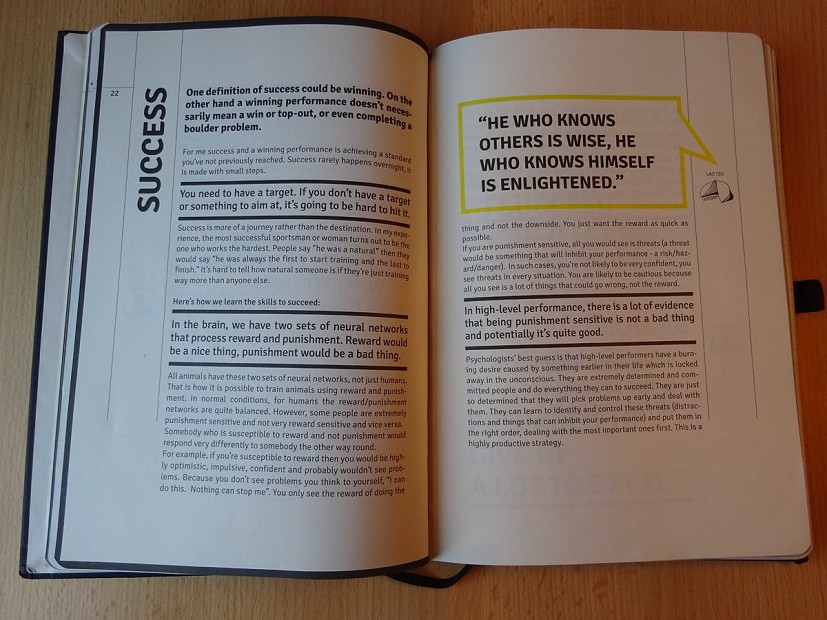
This approach of short, concise chapters also means that Mastermind is a great book to read at the climbing wall. Whilst you're resting between climbs you can pick it up, read a short chapter on success, how to deal with failure or visualisation, take a few minutes to think about it, and then do your next climb. This way you're training your body and your mind - win-win!
One of my favourite things about Mastermind is the self-writing areas at the end of some of the chapters such as goal setting, self image and confidence. For example, in the confidence chapter Jerry talks about the importance of confidence and how to build it and reinforce it: "For every success you have, bank it, then reinforce it, tell yourself how well you've done and remember it". Now it's all well and good reading this chapter and thinking 'yeah, I can see how that works', but then the book asks you to write down your own successes from this year. Personally, until recently I felt like I'd had a pretty poor year in terms of climbing performance - I hadn't quite done as much as I wanted to at a certain standard (a feeling I'm sure many people can relate to!). However, once I started writing down my successes I looked back on everything I've done this year and how much I enjoyed it. I instantly felt more positive about my year and more positive about myself as a climber which is ultimately what Mastermind aims to do. Writing down your own experiences and goals really helps you to self-evaluate and develop your own personal solutions. It is a much more effective and engaging learning experience than simply reading. I was a bit sceptical at first and even missed out the first couple of writing sections, but on reflection I'd really recommend it - give it a go.
Another thing which really helps to reinforce and give credence to the lessons in Mastermind is Jerry's experience. These mental techniques have evidently worked for Jerry, being arguably the most successful climber of his time not only on rock but also in competitions. Jerry is also famous for being one of the most confident climbers ever, "I am the best climber in the world" being the stand-out quote from his biography Revelations, and surely this confidence helped him to become the best. Whilst I'm sure that Jerry is a naturally confident person, Mastermind gives some insight in to how he engineered this confidence to create his own success. For example, he talks about how at his first climbing competitions he didn't have the right attitude and this led to him failing on routes he would usually climb easily: "Looking back I could not have handled the situation worse.. telling myself things like "I can't perform in competitions, I'll never win, I don't like performing in front of a crowd"". Jerry turned the situation around by taking a more positive mental approach and writing down what he wanted to be like, believing it and increasing his own confidence "I am the best competition climber in the world, I can de-pump everywhere, I will win Leeds 1989!". These real life examples (Jerry did win Leeds 1989) go to show how the lessons in Mastermind work and make it more than a self-help book - it's a series of lessons being taught by someone who's learned from experience, taken the relevant bits from other sports psychology, and backed it all up with testimony from many other professional climbers. It's easy to be sceptical about mental training - how is a positive attitude going to help me hang a tiny edge!? - but if it's worked for the world's best then there must be something to it.
Once I finished reading Mastermind I started to notice that pretty much all the quoted climbers - Chris Sharma, Adam Ondra, Margo Hayes, Pete Whittaker etc. - frequently mentioned the same mental techniques as part of their approach to climbing, regardless of their specific discipline. "Before a competition, I visualise because it's an on-sight" - Adam Ondra; "The main thing I do, to prepare before a route is using visualisation" - Pete Whittaker talking about trad; "For sure, I do visualise" - Chris Sharma talking about redpointing. It's not just visualisation, there are lots of common themes - structued goal setting, recalling positive experiences, inihibiting negative thoughts and so on. These quotes help to back up the lessons which Jerry teaches you and give you the confidence that having a go at improving your mental technique is worthwhile. Each of them also involves insights into the climbers and their experiences which makes Mastermind continually interesting: "One of my strengths is being able to shut out the entire world when on a hard climb" - Mayan Smith-Gobat. However, if none of the above are working for you, you can try out Chris Sharma's wildcard suggestion:
"The only thing that I can say is that by becoming a parent that whole procces has become easier... so maybe the key is to have babies!" - Chris Sharma
It works for Sharma so it's got to be worth a shot, right?
It will be interesting to see how far this whole climbing psychology thing goes. After reading Mastermind I'm convinced that having a good mental attitude is beneficial to climbing performance. The testimony of professional climbers along with Jerry's experience is justification enough for that. Right now you could walk in to nearly any climbing wall in the UK and arrange to see a coach who will give you a physical training programme with all the staples of bouldering, fingerboarding, campussing etc. But how many coaches out there offer coaching in climbing psychology? I'm sure that there is an element of this in many current coaching programmes but the only person I can currently think of offering programmes fully focused on the mental side of climbing is Hazel Findlay. There's certainly an interest in climbing psychology out there - I've been recommended sports psychology books by climbers before and there are already some climbing psychology books such as The Rock Warriors Way and Espresso Lessons. I wonder if over the next few years we're going to see coaching plans dedicated to climbing psychology - it's certainly an essential part of what makes many professional climbers so successful and it seems like anyone who wants to better their climbing could benefit from it.
"When I was younger I thought it was all about strength and power... However getting the most out of your climbing essentially depends on getting your mind in the right place to allow you to perform" - Jerry Moffatt
As a climber who wants to improve, the lessons in Mastermind make sense. Complex topics such as goal setting and visualisation which are often discussed among climbers are broken down into their elements, explained and given credence through Jerry's experiences and then handed over to you through self-writing sections. I can see myself going back to Mastermind and repeatedly re-reading the sections which are most relevant to me in order to learn the lessons fully. I would recommend this book to any climber who wants to improve, whether that's at 5a or 9a, as well as to anyone who's interested in the mindsets or experiences of professional climbers. As the ratio of physical to mental climbing literature is so heavily skewed, it's refreshing to see a book on climbing psychology that is so approachable and yet full of detailed information. There are certainly gains to be made from reading it.
- Mastermind is available now, cover price £29.95
- For more info, or to buy a copy, see: cafekraft.de

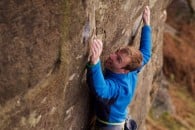

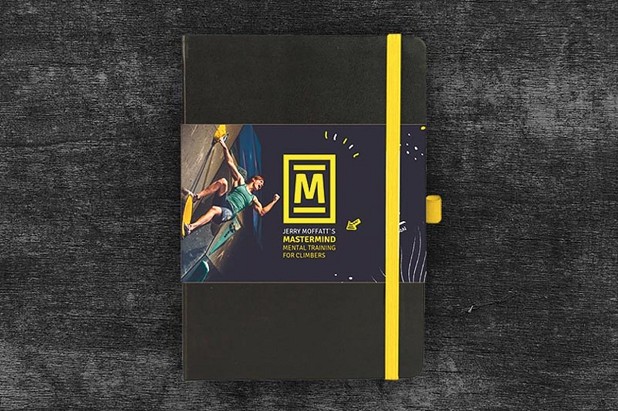

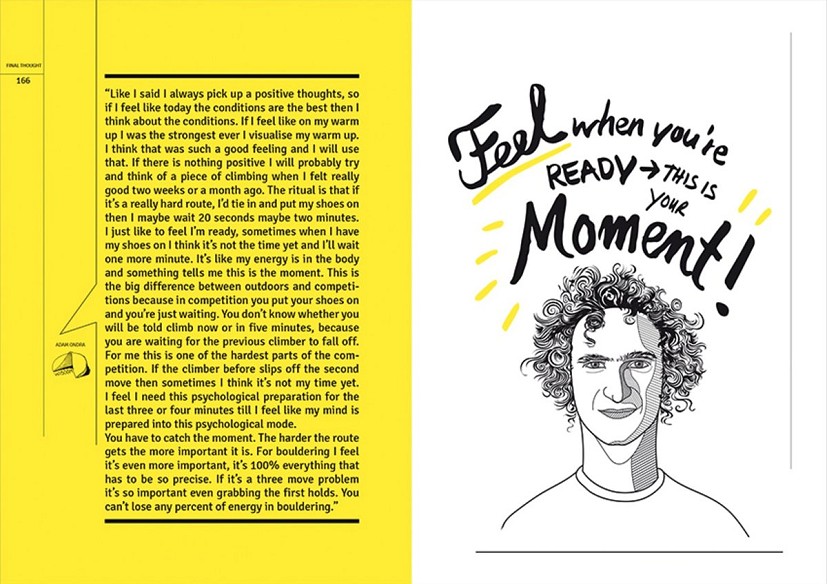
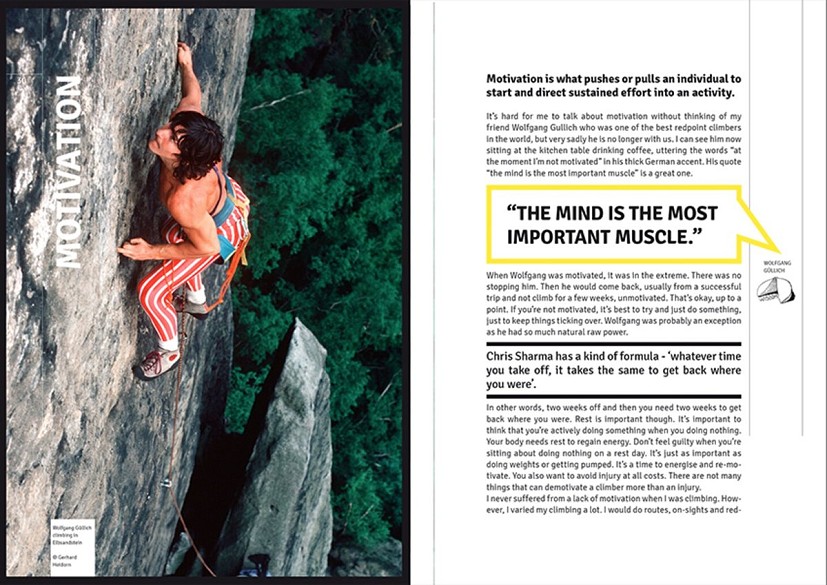



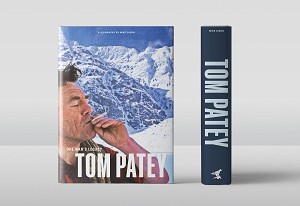
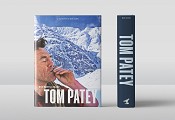
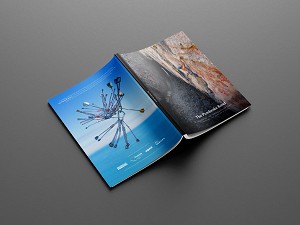


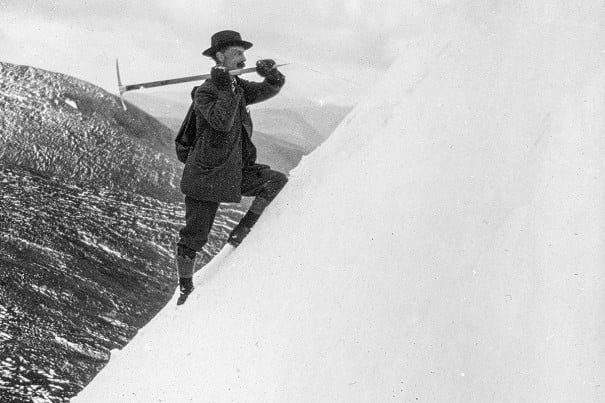


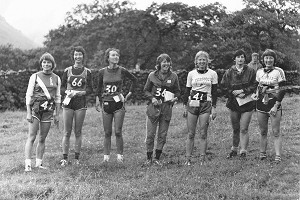
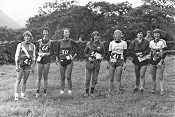



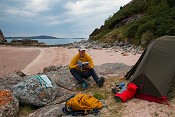
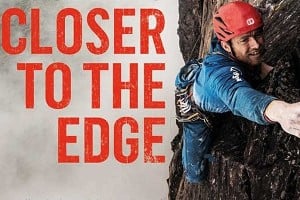
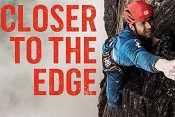
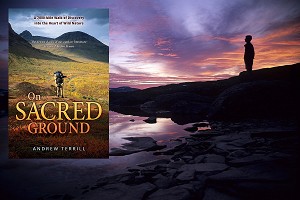
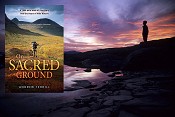

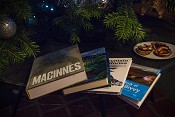
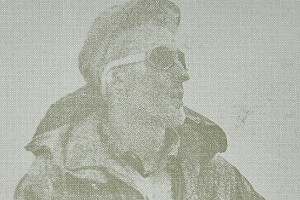





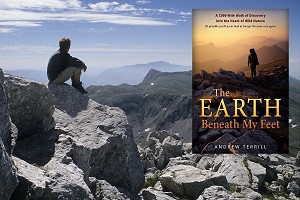
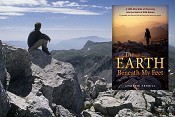
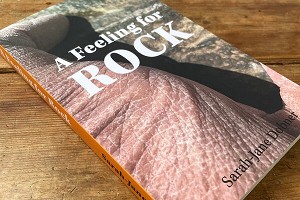
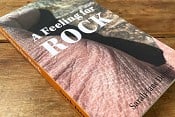
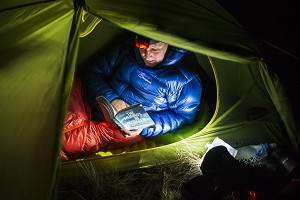
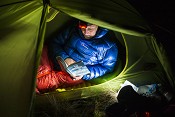
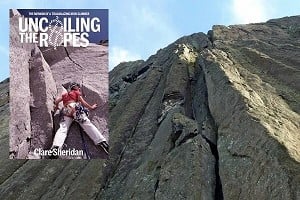
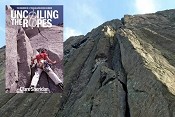
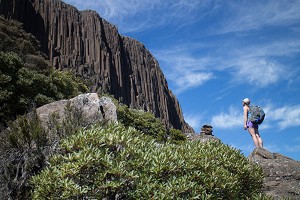
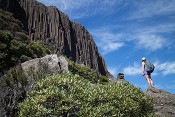


Comments